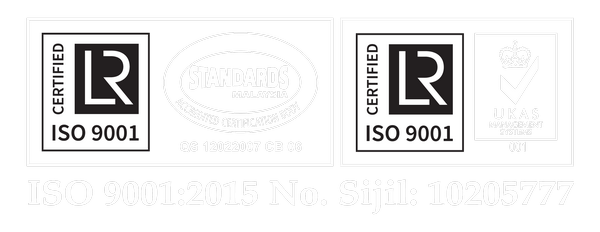February 28th, 2019
By Nor Suhailati Abdul Manan and Marshita Hashim
Teaching has been regarded as a noble and prominent profession in every society in almost every part of the world. The roles as a teacher have been done by many people for ages, either formally or informally. Everyone who is successful today must have learned from at least one good teacher. Mr. Narendra Modi, the prime minister of India once said “teaching is not a profession but ‘jeevan dharm’ or a way of life. Prime Minister Modi proposed that “if a society is to progress, teachers must always be two steps ahead of time. Teachers should understand changes that happening across the world and prepare the new generation accordingly.”
The primary role of a teacher or an educator is to facilitate students’ learning. Learning will take place when there is a change in students’ behaviours, attitudes or capabilities. The way how we teach and educate students is more important than what we teach in the classroom. Why? This is because the knowledge that we deliver will be of no use if they are not well accepted by students. Of course, teachers should teach good and useful new knowledge to all students, but most importantly this has to be done effectively. Unfortunately, lecturers at many Malaysian higher learning institutes or universities did not undergo proper teaching training as compared to school teachers, who normally attended formal teaching training courses. Thus, this article attempt to share some ideas for effective teaching.
Effective teaching is dependent upon the interaction between the teacher’s subject matter knowledge and his or her teaching or pedagogical ability. A teacher with substantial knowledge, but does not know how to use proper instructional methods; would not able to deliver well to the students. The same with teachers that possess vast teaching and pedagogical skills, they would not be able to teach students well if they have limited knowledge of the subject matter. Thus, it is impossible to become a highly effective teacher if one does not have competencies in both teaching or pedagogical skills and knowledge of the subject matter.
There is an abundance of research conducted on effective teaching and learning. Based on these studies, there are many suggestions provided to address the key ideas for effective teaching. Effective teachers seem to share the following qualities and characteristics. Let’s check whether we have the criteria!
- Organized and communicate clearly
Effective teachers usually prepare a detailed plan for each teaching session that focuses on the methods of instructions that are suitable to deliver the contents to the students and the resources needed. We need to be specific about what we are teaching and provide students with clear information regarding how teaching and learning will be conducted. It is crucial to inform the students regarding the learning outcomes and also on how the students’ performance will be assessed.
- Identify the best way to teach a particular content
Effective teachers use multiple ways to engage with their students such as individual and group face-to-face interactions in classrooms and lecture halls, field-based experiences, videos and games, group discussions as well as online interactions. Effective teachers assist students to learn on their own as well as with and from others, including from sources outside the classrooms that are now more readily accessible through multiple forms of technology.
- Develop interactions with individual and group
Teachers should establish and maintain a professional relationship with students and this would require good communication and interactions between the teacher and individual student or group of students. Effective teachers build a positive relationship with their students and treat students with respect.
- Dynamic and enthusiastic
To be effective, teachers or educators have to be energetic and dynamic persons. They have to be seen as someone who enjoys his or her work as a teacher or educator. Good teachers should demonstrate love for the field and demonstrate self-confidence.
- Flexible and responsive
Effective teachers are flexible as they should be able to use different approaches in teaching and engaging students. They should also be able to respond and support the students with their expertise, knowledge, and skills. Teachers should be willing to go the extra mile to support those students who need extra coaching as we recognise that the ability of each student is not the same.
- Analytic and synthetic
Being a good teacher requires a person to have a thorough command of the field of knowledge. Through this, a teacher would inspire his/her student a love of learning. Teachers need to provide the students with the sense of the field, its history, current development and also the future directions.
- Understand the learners
Teaching is just like selling goods to customers. We need to know our customers well before we can make our customers buy our products. In teaching, we sell or offer good ideas and knowledge to our students. The students would be willing to accept the ideas or knowledge if they are convinced that knowledge is crucial for them. Teachers also need to create awareness among the students the importance of the topics that he or she teaches. Like teachers, students are just human beings, we should not force the student to learn new things if we could see that they are not ready.
- Monitor the students’ progress and give feedback
Great teachers monitor each student’s achievements closely and regularly provide feedback to the students regarding their performance. Effective teachers have information about the strengths, needs, and progress of their students. They let their students recognise their own achievement and progress and assist students to understand what they have already learned and what to expect next.
- Determine how effective the teaching has been and make improvement
Teaching and learning is an on-going process. Teachers have a professional responsibility to continuously monitor their own performance by looking at the students learning performance. Of course, as a teacher, we need to change the way we teach if the current methods are ineffective in engaging the students in learning. Teachers may also get feedback from the students on how the delivery may be improved. It is useful to listen to students’ input regarding our performance as they are the first-hand users of our service. They know best about our flaws.
Walls (1999) summarizes the most prevalent recommendations for teaching effectiveness regarded as the “Four Aces of Effective Teaching” that include the learning outcomes, clarity of instruction, students’ engagement and teachers’ enthusiasm. Lam (2014) describes eleven habits of effective teachers, which include enjoy teaching, make a difference, spread positivity, get personal, give 100%, stay organized, open-minded, has standard, find inspiration, embrace changes and create reflections.
In the western world, Socrates of Athen has been referred to when it comes to issues relating to education and learning. For Muslims particularly, the Prophet Muhammad (PBUH) should be seen as the main example of the greatest and best teacher. This has been confirmed as stated in many verses of the Holy Quran for instance in surah Al-Baqarah verse 129 that says:
“Our Lord, and send among them a messenger from themselves who will recite to them Your verses and teach them the Book (Quran) and wisdom and purify them. Indeed, You are the Exalted in Might, the Wise.”
There is a lot that can be learned from Prophet Muhammad (PBUH) regarding the best way to teach people. Among others, the Prophet made no distinction between students based on intelligence level, social standing or any other classification that separates human in society. The Prophet also was methodical in his teaching and never rushed his lessons. He spoke clearly and delivered lessons unambiguously. Most importantly, despite enormous disdain and outright hatred, Prophet Muhammad (PBUH) remained patient through the adversity and practiced what he taught. The method in which Prophet Muhammad taught the message of Islam had a ripple effect that has transcended centuries to make Islam the world’s fastest growing religion today.
Teachers in this digital age are facing new challenges each day in respect of students, their individual needs, new hardware and software and own developmental needs (Sharma, 2017). Technology can be used to facilitate teaching and learning in various ways. Students have greater access to a vast array of information via the internet on their gadgets. As a result, they have become more knowledgeable, interrogative and more demanding from their teachers. Thus, it is considered essential for teachers nowadays to equip themselves with information technology knowledge and skills including social media communication skills in order to share information appropriately. These latter skills may also help teachers to reach out to a distant expert of the area in order to find solutions to various problems in his/her daily lesson plans.
The above discussion suggests that the challenges facing teachers in this modern era are enormous. Thus, it is vital for all teachers to equip themselves with relevant skills and knowledge in order to successfully educate and prepare the young generation for their ever challenging future.
Bella, R.A. (2016). Investigating Psychological Parameters of Effective Teaching in a Diverse Classroom Situation: The Case of the Higher Teachers' Training College Maroua, Cameroon, Journal of Education and Practice, Vol. 7, No. 23.
Lam, C. (2014, July 5). 11 habits of an effective teacher, Retrieved from https://www.edutopia.org/discussion/11-habits-effective-teacher
Sharma, M. (2017). Teacher in a Digital Era, Global Journal of Computer Science and Technology: G Interdisciplinary Volume 17 Issue 3 Version 1.0
Meehan, S. (2018, September 5). Prophet Muhammad: The world’s best teacher. Retrieved from http://aboutislam.net/reading-islam/prophet-muhammad-the-worlds-best-teacher/
Walls, R.T. (1999). Psychological Foundations of Learning. Morgantown, WV: WVU International Center for Disability Information.
Effective Teaching - Policies - The Department of Education (2009, June). Retrieved from https://www.education.wa.edu.au/documents/43634987/44524721/Effective+Teaching.pdf/5dcc8207-6057-3361-ade8-cf85e5a2c1ab
Teaching not a profession but a way of life, says Prime Minister Modi. (2014, September 4). Retrieved from https://www.hindustantimes.com/india/teaching-not-a-profession-but-a-way -of-life-says-prime-minister-modi/story-uSjsHtyG8k9dRCdvvkEg4O.html
Characteristics of Highly Effective Teaching and Learning (2019, February 1). Retrieved from https://education.ky.gov/curriculum/standards/teachtools/Pages/Characteristics-of-Highly-Effective-Teaching-and-Learning-(CHETL).aspx


